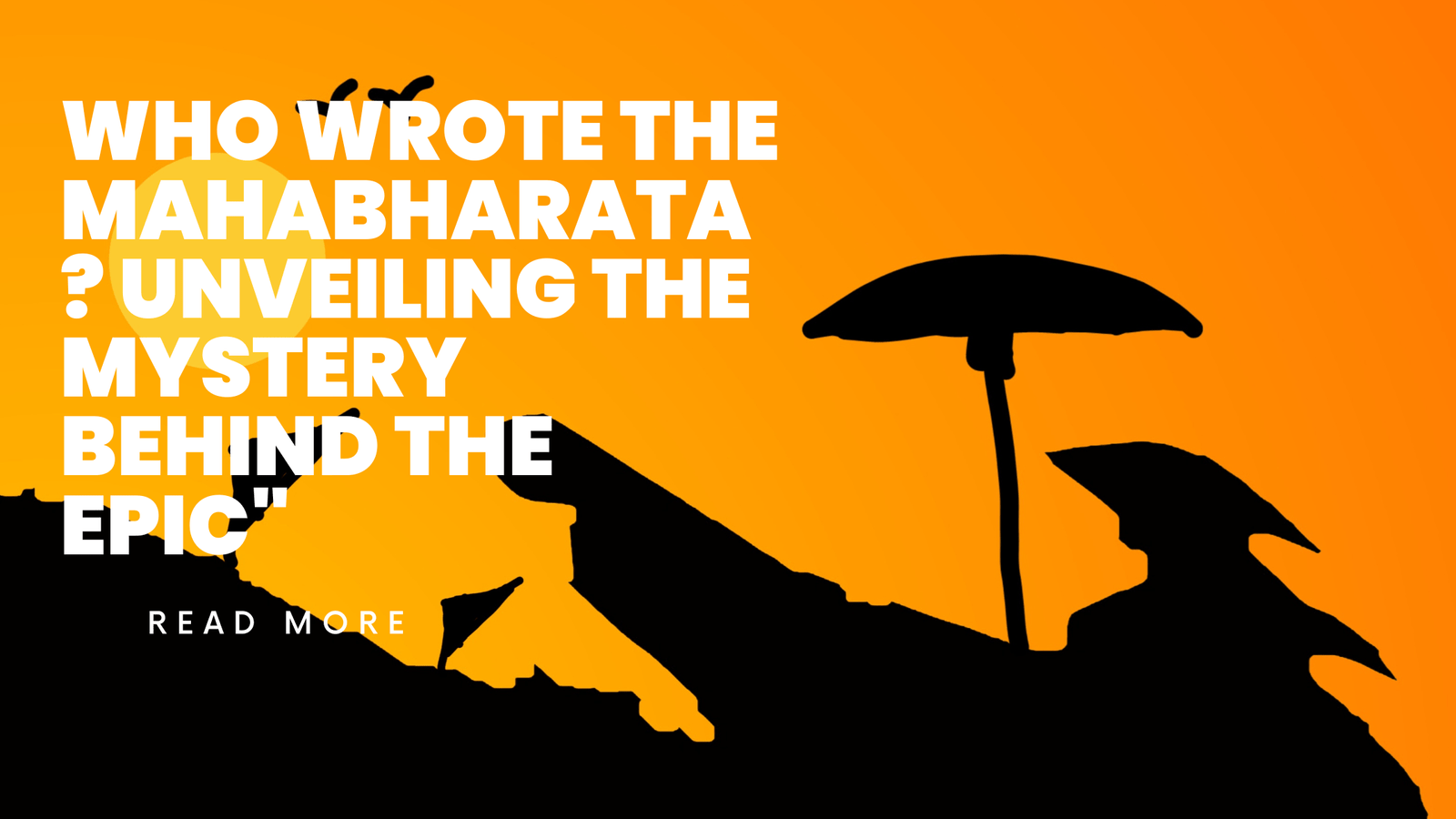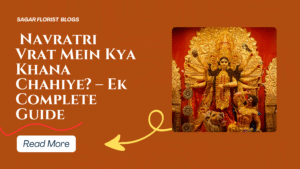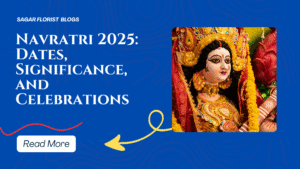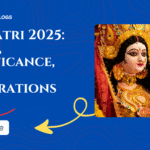Who Wrote the Mahabharata? Unveiling the Mystery Behind the Epic”
The Mahabharata is one of the longest and most revered epics in the world. It is not just a story but a vast, intricate tapestry of history, philosophy, ethics, and spirituality. The Mahabharata is more than a mere tale of a dynastic war; it encompasses moral dilemmas, divine interventions, the complexities of human relationships, and the pursuit of dharma (righteousness). It is a treasure trove of wisdom that has inspired countless generations across the globe.
But have you ever wondered, who wrote the Mahabharata? Who was the mind behind this monumental work that has influenced literature, culture, and spirituality for over thousands of years? In this blog, we’ll explore the fascinating journey of the Mahabharata’s creation, and the legendary figure behind its composition.
1. The Mahabharata: A Glimpse into the Epic
The Mahabharata, written in Sanskrit, is traditionally attributed to the sage Vyasa. It is an ancient Indian epic that narrates the story of the Kurukshetra War between the Pandavas and the Kauravas, two families vying for the throne of Hastinapura. The epic not only details the war but also delves into philosophical discourses, the responsibilities of kingship, the role of fate, and the teachings of dharma.
The Mahabharata is also where the Bhagavad Gita is found—one of the most profound spiritual texts in the world. The epic contains around 100,000 verses, divided into 18 parvas (books), making it the longest epic poem in history.
2. Who Was Vyasa?
The figure traditionally credited with writing the Mahabharata is the sage Vyasa, also known as Vedavyasa or Krishna Dvaipayana Vyasa. According to tradition, Vyasa was a great sage, a scholar, and a spiritual teacher. He is considered one of the seven Chiranjivi (immortal beings in Hindu tradition), and his role in shaping the spiritual and philosophical landscape of ancient India is immeasurable.
Vyasa was born to the sage Parashara and a fisherwoman named Satyavati, and his birth is surrounded by fascinating mythology. He is known to have compiled the Vedas into their written form and organized the vast body of knowledge that had been passed down orally for centuries. It is also believed that Vyasa authored several other texts, including the Puranas.
Vyasa’s most significant contribution, however, remains the Mahabharata, which is often considered his masterpiece.
3. The Story Behind the Mahabharata’s Creation
According to Hindu tradition, Vyasa did not compose the Mahabharata alone; he had the help of Ganesha, the elephant-headed deity who is believed to be the patron of learning and writing. The story goes that Vyasa wanted to dictate the epic to Ganesha, but there was one condition: Ganesha would only write it down if Vyasa could recite it without pause. In response, Vyasa agreed to this condition, but with a twist: whenever Ganesha would begin to write, Vyasa would recite the verses so quickly that Ganesha would need to stop and reflect on the meaning before continuing.
This interaction between Vyasa and Ganesha is seen as symbolic of the deep and profound nature of the Mahabharata, where each verse carries not only a narrative but a rich philosophical and moral understanding.
Thus, the Mahabharata is said to have been composed as a collaboration between the sage Vyasa and the mighty Lord Ganesha, making it not just a human creation, but a divinely inspired work.
4. The Mahabharata’s Composition: A Labor of Devotion
Vyasa’s journey of writing the Mahabharata was not merely an act of literary creation; it was an act of devotion, seeking to preserve the ancient wisdom and teachings for future generations. Vyasa is believed to have composed the Mahabharata over an extended period, perhaps during the Dvapara Yuga, a time long before the current age of Kali Yuga, the age we live in now.
While Vyasa may have been the one to dictate the verses, it is important to recognize that the Mahabharata was a work that evolved over centuries. The epic has multiple layers and sources, with different versions and additions over time, possibly created by different rishis (sages), scholars, and devotees. However, Vyasa remains the central figure in the epic’s creation and is regarded as its ultimate author.
5. The Importance of Vyasa’s Role: Not Just a Writer, But a Sage and Teacher
Vyasa’s role as the composer of the Mahabharata is profound not only because of his literary prowess but also due to his spiritual authority. As a sage, Vyasa understood the essence of dharma and karma, and these core concepts are woven throughout the epic.
The Mahabharata’s messages about life, duty, sacrifice, family, and divine intervention continue to shape the understanding of morality and ethical conduct in Hinduism and other philosophies worldwide. Vyasa’s writing serves as both a historical record and a guide to living a virtuous life.
In addition to the Mahabharata, Vyasa’s teachings are integral to other Hindu scriptures. He is credited with compiling the Vedas into four parts, and he is also said to be the author of several Puranas—ancient texts that document the stories of gods, goddesses, and heroes.
6. The Influence of the Mahabharata Across Cultures
Though the Mahabharata is an ancient Hindu epic, its influence transcends borders. It has inspired various adaptations in different cultures, including in Southeast Asia, where countries like Indonesia, Thailand, and Cambodia have their own renditions of the epic. In literature, arts, dance, and even modern films and television, the Mahabharata continues to impact global culture.
The themes of good vs. evil, justice, and dharma resonate universally, and many of the teachings found in the epic are applicable to contemporary life. The Mahabharata continues to be a source of wisdom, offering guidance on how to navigate the complexities of human existence.
7. Conclusion: A Legacy That Lives On
The Mahabharata, a product of Vyasa’s unparalleled insight and divine collaboration with Lord Ganesha, remains one of the greatest epics ever written. Its creation is not just an act of authorship but a journey of transmitting eternal wisdom, lessons in righteousness, and the nature of human existence.
Vyasa’s Mahabharata is a legacy of spirituality, philosophy, and devotion that continues to guide millions. Understanding the author and the process behind the Mahabharata’s creation enhances our appreciation for the epic, not just as a work of literature, but as a source of divine knowledge, moral guidance, and timeless inspiration.
Vyasa’s contribution to humanity cannot be overstated, for through the Mahabharata, he left a treasure of wisdom that remains relevant and deeply impactful, even thousands of years after its creation.






